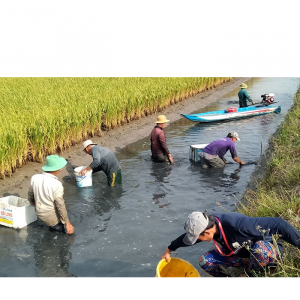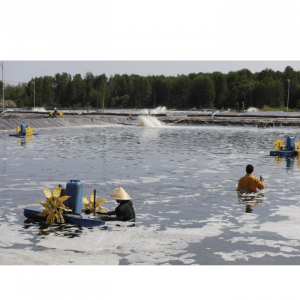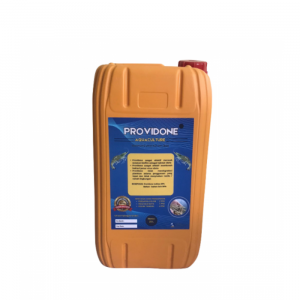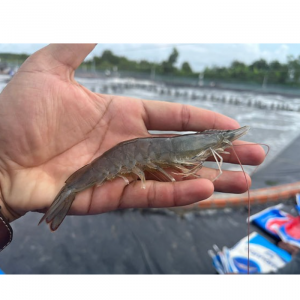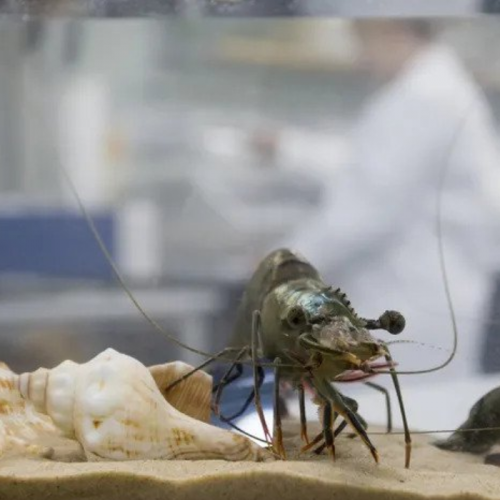
Tackling White Spot And IHHNV
| Tue, 10 Dec 2019 - 09:36
The new test uses Australia’s national science agency’s ‘Shrimp MultiPath’ technology, commercialized by Brisbane start-up company Genics, which spun-out of CSIRO to tackle the global challenge of food security and quality. It comes as the domestic prawn farming industry recovers from losses from pathogens over the last three years.
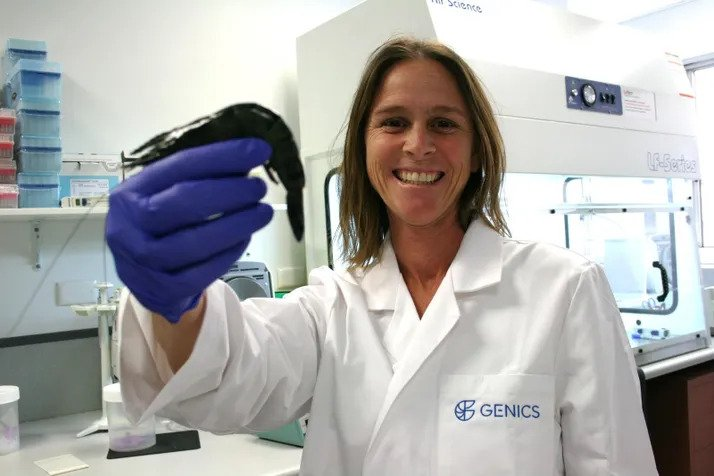
Dr. Melony Sellars, Genics CEO and former CSIRO scientist,
said the technology comes at an opportune time for the domestic prawn farming
industry after losses from pathogens over the last three years © CSIRO
The technology can detect 13 commercially significant prawn diseases, including white spot syndrome, which wiped out many prawn populations in 2016, and infectious hypodermal and hematopoietic necrosis virus (IHHNV).
According to CSIRO, trials to manage IHHNV using Shrimp MultiPath technology increased production by 3.7 tonnes per hectare, or $67,000 farm gate value. Consequently, a 50-hectare Australian prawn farm could see their revenues increase by more than $3 million per season.
Prawn farms are located across northern New South Wales and Queensland, with around 750 hectares of prawn ponds. An increase of 3.7 tonnes per hectare could boost the yield of farmed prawns by around 50 percent.
CSIRO chief executive Dr. Larry Marshall congratulated Genics on translating breakthrough research into marketplace benefit.
“It’s great to see CSIRO science being accelerated out of the lab and into a start-up that could tackle our global food security challenge, a very clear public benefit,” Dr Marshall said.
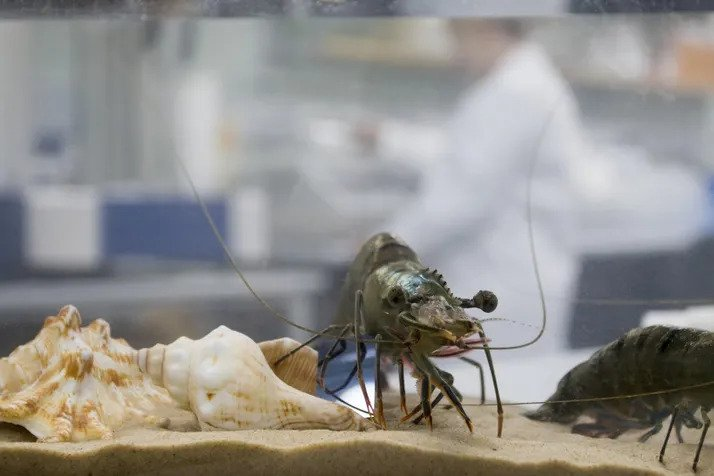
The new test can detect 13 significant pathogens including white spot and IHHNV © CSIRO
Genics CEO and former CSIRO scientist Dr. Melony Sellars said the technology comes at an opportune time for the domestic prawn farming industry, after losses from pathogens over the last three years.
“Our tests quickly help prawn farmers make informed management decisions, and for consumers this means more, high quality, locally grown Australian prawns.”
Australia consumes all of its domestically produced prawns, and foreign imports are required to meet the shortfall in consumer demand.
Dr. Sellars said the tests will allow farmers to better manage their prawn stocks as they grow, helping them to minimize stock losses and significantly boost their production levels, which could reduce Australia’s reliance on imported prawns.
Three years ago the southeast Queensland prawn industry – responsible for around 40 percent of Australia’s farmed prawns – was shut down by the foreign incursion of white spot syndrome virus, a pathogen that is harmless to humans but lethal to prawns.
“Shrimp MultiPath tests against the white spot, as well as other international pathogens that we don’t currently have in Australia,” Dr. Sellars said.
“This technology can also be used as a detection system by biosecurity agencies to prevent the spread of any potential future incursions that could harm our industry.”
Source: The Fish Site













